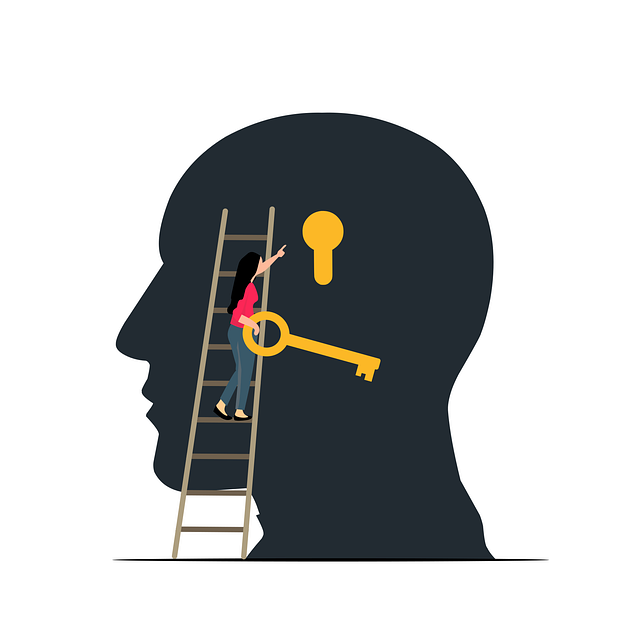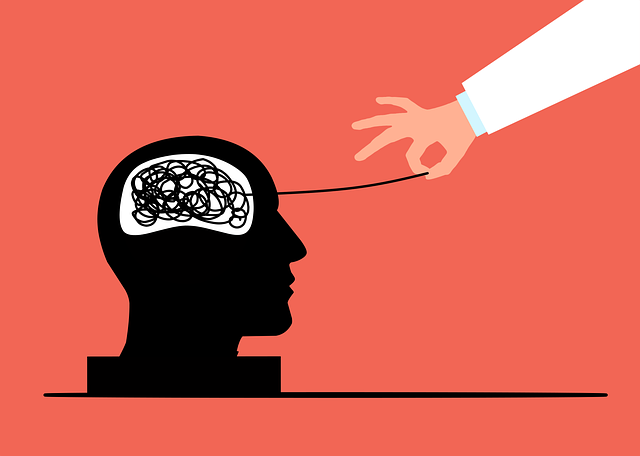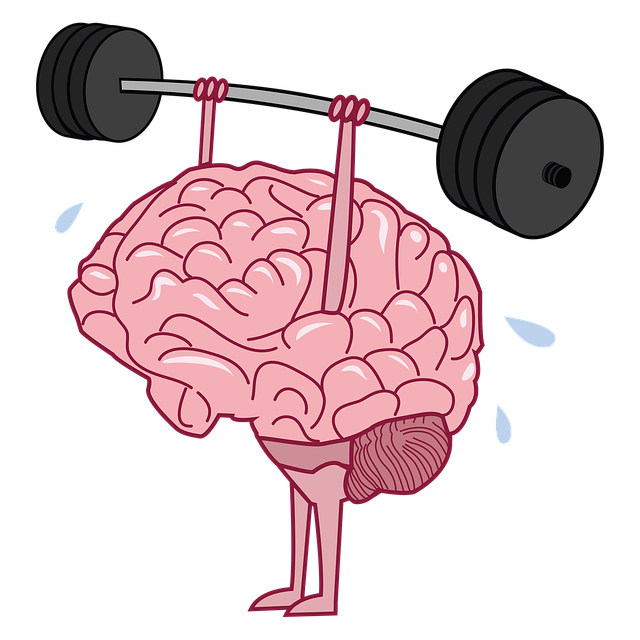In today's diverse family landscape, blended families are common, posing unique emotional challenges. Therapy tailored for adults in these families is crucial for developing coping skills, healing from past traumas, and managing stress. Skilled therapists use culturally sensitive approaches, including self-awareness exercises, mindfulness, and journaling, to enhance emotional well-being. Positive thinking strategies and mindfulness practices empower individuals to navigate complex relationships, reduce stress, and improve mental health, fostering healthier dynamics within blended families.
Coping skills development is a vital aspect of well-being, especially within blended families where unique challenges arise. This article explores effective strategies to enhance coping mechanisms in adult therapy, focusing on the specific needs of blended family dynamics. We delve into understanding the significance of these skills, offering insights into how professionals can guide individuals and families towards healthier relationships and improved mental resilience. By integrating tailored coping techniques, adults in blended families can navigate complexities with greater ease.
- Understanding Coping Skills and Their Importance in Blended Families
- Strategies for Developing Effective Coping Skills in Adult Therapy
- Integrating Coping Techniques for a Healthy Blended Family Dynamic
Understanding Coping Skills and Their Importance in Blended Families

In today’s diverse family structures, blended families are becoming increasingly common, presenting unique challenges and opportunities for all members. Coping skills development is a vital component in fostering emotional well-being promotion techniques within these households. These skills enable adults to navigate complex dynamics, manage stress effectively, and maintain a sense of stability amid change. By engaging in therapy for adults in blended families, individuals can explore their emotions, process past traumas, and learn healthy coping mechanisms to prevent burnout.
Understanding coping skills is crucial for creating harmonious environments. Blended families often involve step-parents, siblings from different relationships, and possibly children from previous marriages or partnerships. This mix of relationships can lead to emotional conflicts, especially during transitional periods. Through therapy sessions, adults in these families can develop strategies to handle these challenges constructively, ensuring everyone’s emotional healing processes are supported.
Strategies for Developing Effective Coping Skills in Adult Therapy

Adult therapy provides a unique space for individuals to cultivate and refine their coping skills. When navigating complex life situations, such as those experienced in blended families, therapy offers a safe environment to explore and understand personal triggers and emotional responses. Therapists skilled in cultural sensitivity in mental healthcare practice can tailor their approach to resonate with diverse clients, ensuring effective communication and building trust.
One powerful strategy is incorporating self-awareness exercises that encourage introspection and reflection. Through mindfulness practices and journaling, individuals gain insights into their thought patterns and emotions. By cultivating positive thinking through affirmations and cognitive reframing, clients learn to challenge negative thought cycles and foster resilience. These coping skills not only help manage stress and anxiety but also empower adults to navigate relationships within blended families with greater ease and adaptability.
Integrating Coping Techniques for a Healthy Blended Family Dynamic

In a blended family dynamic, integrating effective coping techniques is essential for fostering healthy relationships and promoting individual well-being. Therapy for adults in blended families plays a crucial role in teaching and reinforcing mind over matter principles. By harnessing resilience and cultivating compassion, family members can navigate the complexities of their unique situation with greater ease. The practice of mindfulness and self-care becomes a powerful tool, allowing each individual to process emotions, reduce stress, and improve overall mental health.
Community outreach program implementation can further enhance these efforts by creating support networks where blended family members can connect and share experiences. Through compassion cultivation practices, families can develop deeper understandings and empathic connections, leading to stronger bonds. Ultimately, a supportive community environment reinforces the mind over matter principles learned in therapy, contributing to a more harmonious and resilient blended family dynamic.
Coping skills development is a vital component of fostering healthy relationships within blended families. By integrating strategies from adult therapy, parents and family members can navigate challenges effectively, creating a more harmonious environment. Understanding and practicing coping techniques allows individuals to manage stress, improve communication, and strengthen bonds, ultimately enhancing the overall well-being of blended family dynamics. Seeking therapy for adults in these unique family structures can provide valuable tools and support for building resilience and fostering positive relationships.










